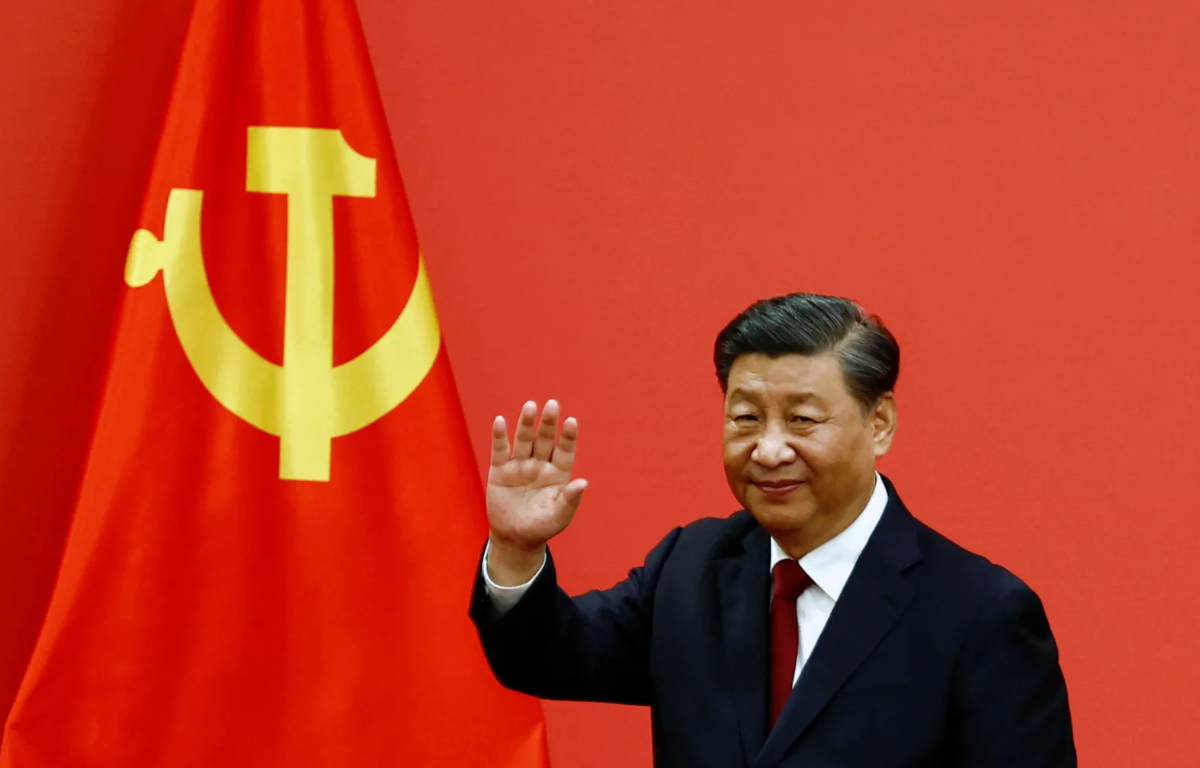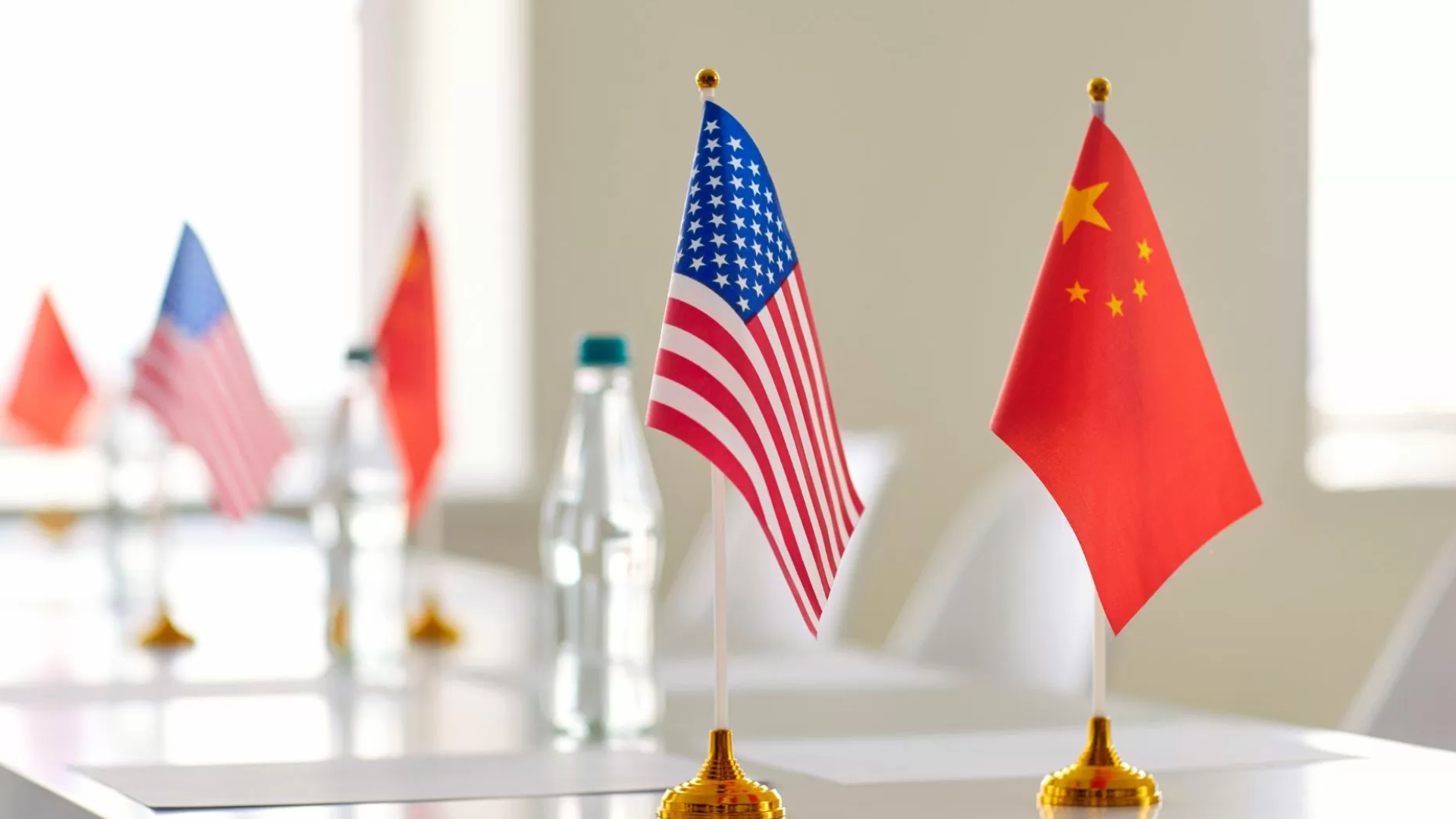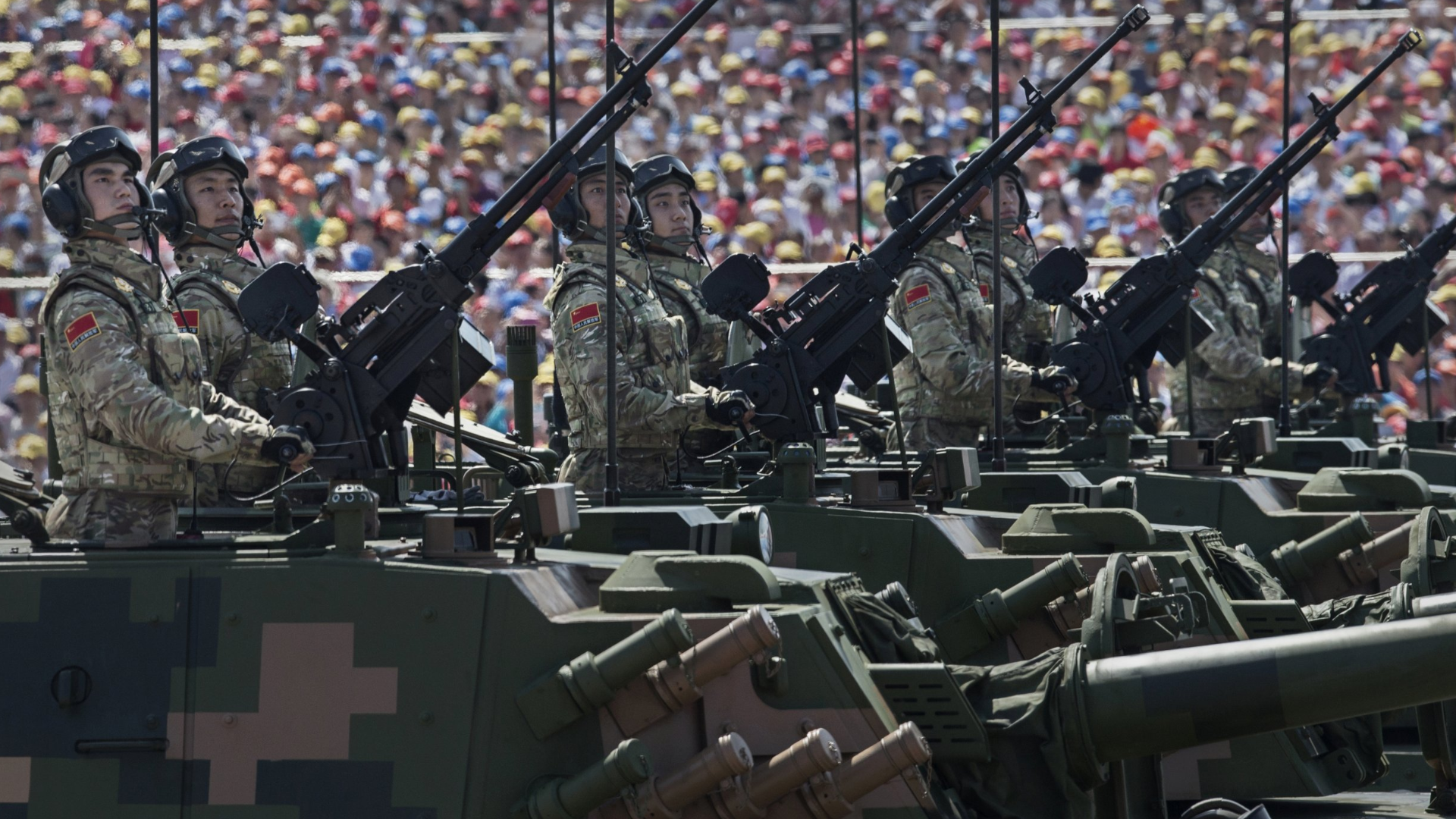
Xi Jinping has emerged as one of the most dominant leaders in recent Chinese history. Since ascending to power in 2012, he has systematically consolidated his authority, centralizing decision-making processes within the Chinese Communist Party (CCP) and reducing the influence of other party leaders. This consolidation has extended to various aspects of Chinese governance, including the economy.
Xi Jinping has substantially increased his involvement in economic policy decisions. While this centralization might provide short-term stability, it can hamper the capacity to respond effectively to rapidly changing economic conditions. Economic policies that could benefit from diverse perspectives and expertise might be limited by this concentration of power.
Under Xi’s leadership, there has been a crackdown on dissent, both within and outside the CCP. This has created an environment where government officials and economists may be reluctant to voice their concerns or propose alternative economic strategies, fearing repercussions. This lack of open debate can hinder the development of well-rounded policies.
Xi has exerted greater control over China’s powerful state-owned enterprises, which play a significant role in the country’s economy. While this centralization can help tackle issues like corruption, it may also limit the ability to implement market-oriented reforms that would make these entities more efficient and competitive.
China’s economic slowdown is multifaceted, encompassing issues such as declining export growth, a shrinking working-age population, and a need to shift from an export-led to a consumption-driven economy. These challenges require a flexible and responsive approach to policymaking, but Xi’s centralized control presents several obstacles.
Xi Jinping’s tight control over China’s political and economic landscape has undoubtedly provided stability and enabled the pursuit of long-term strategic goals. However, it has also raised concerns about the country’s ability to respond effectively to the ongoing economic slowdown. To navigate these challenges, China may need to strike a balance between centralized leadership and more decentralized decision-making, fostering an environment where diverse perspectives can contribute to well-informed economic policies. Ultimately, how China addresses its economic challenges will not only shape the nation’s future but also have far-reaching consequences for the global economy.










Share this: